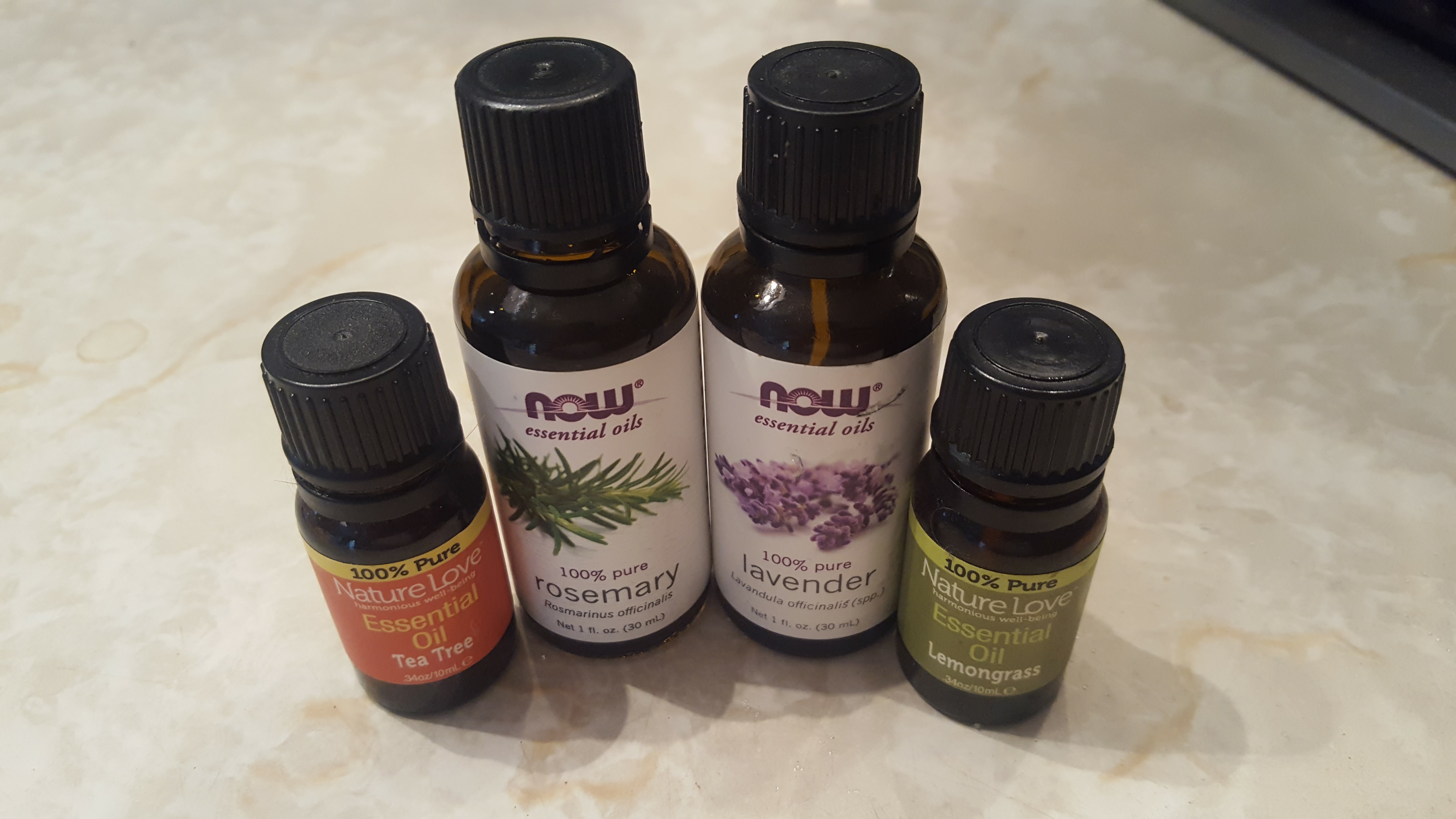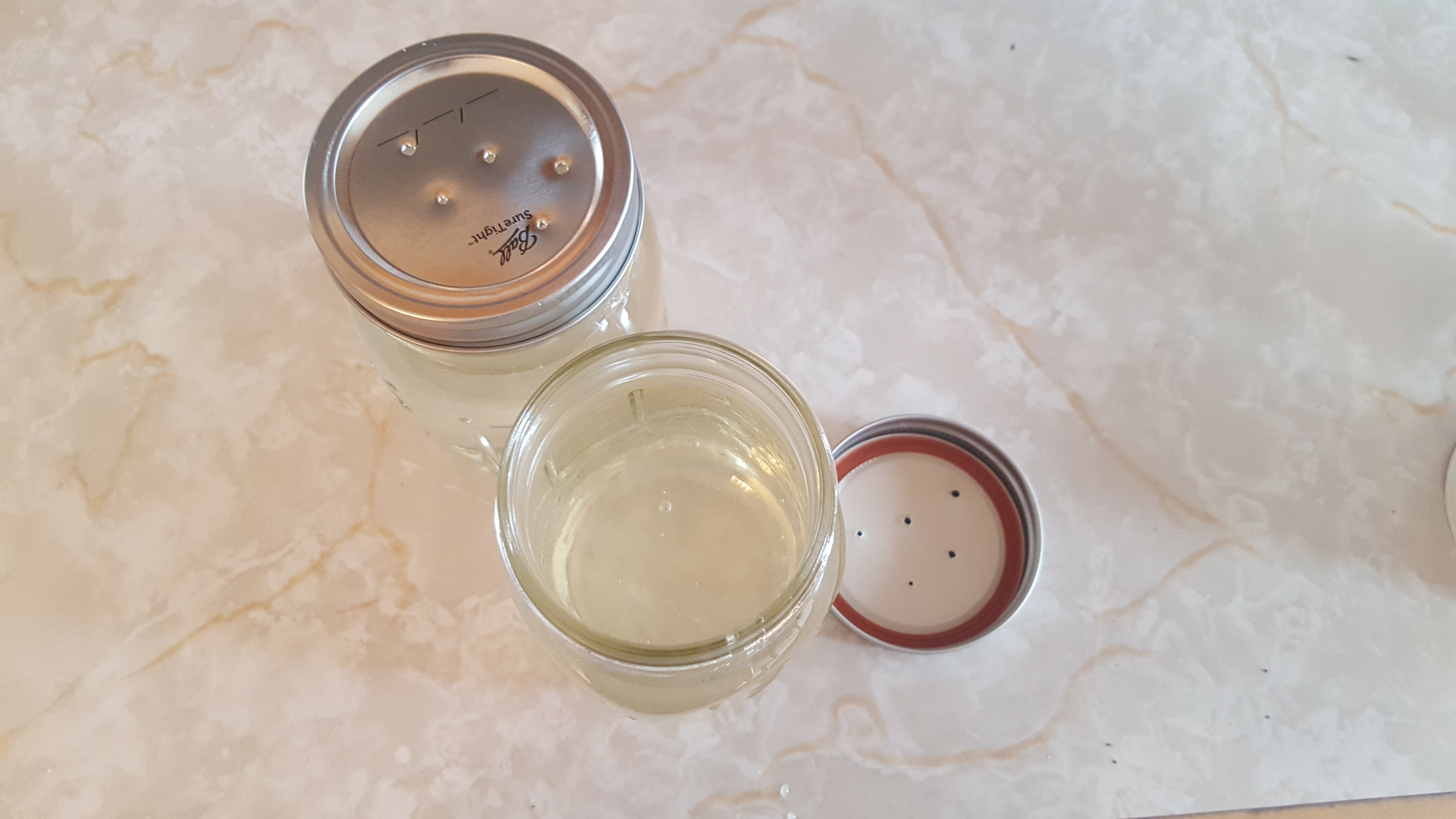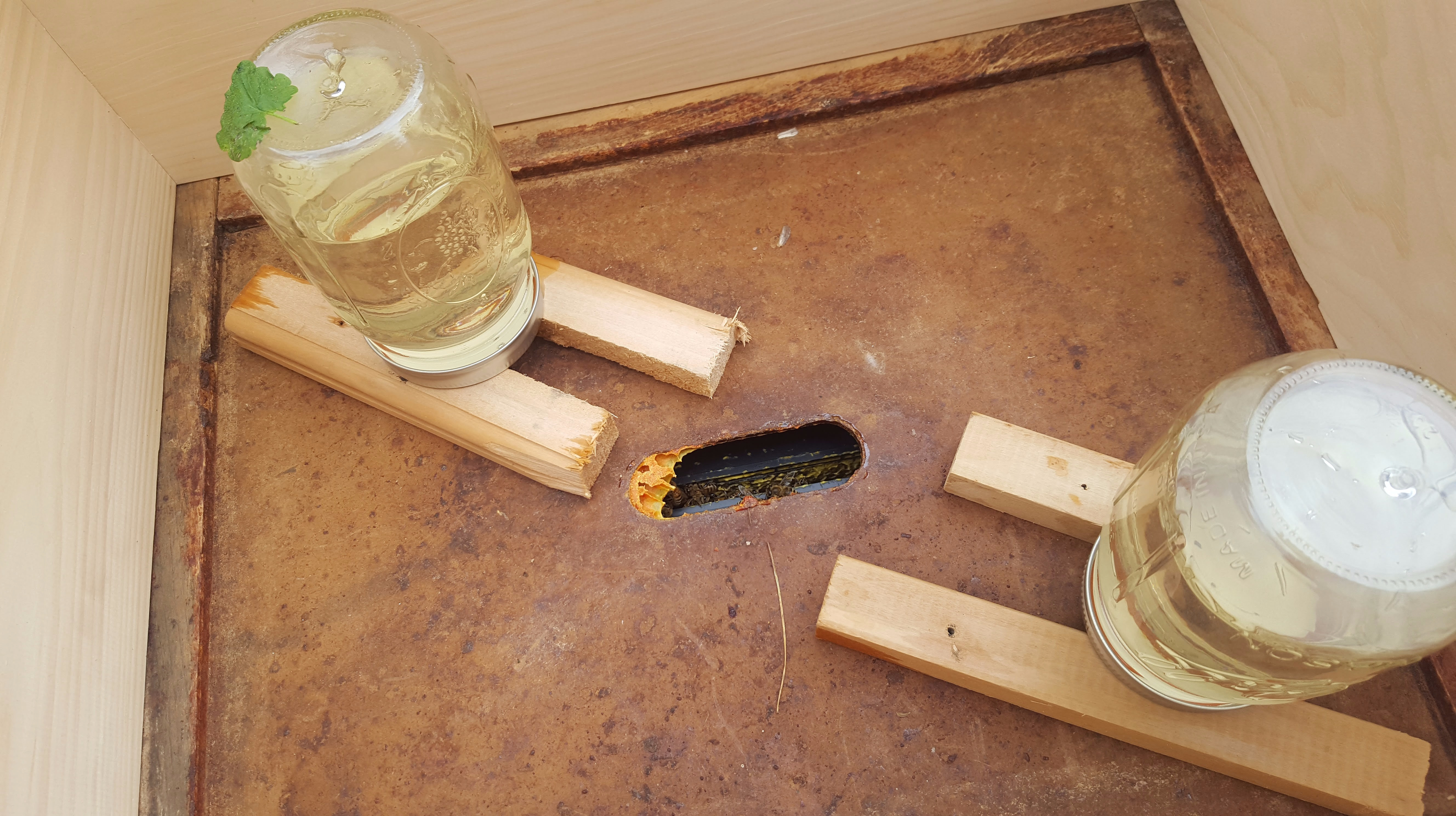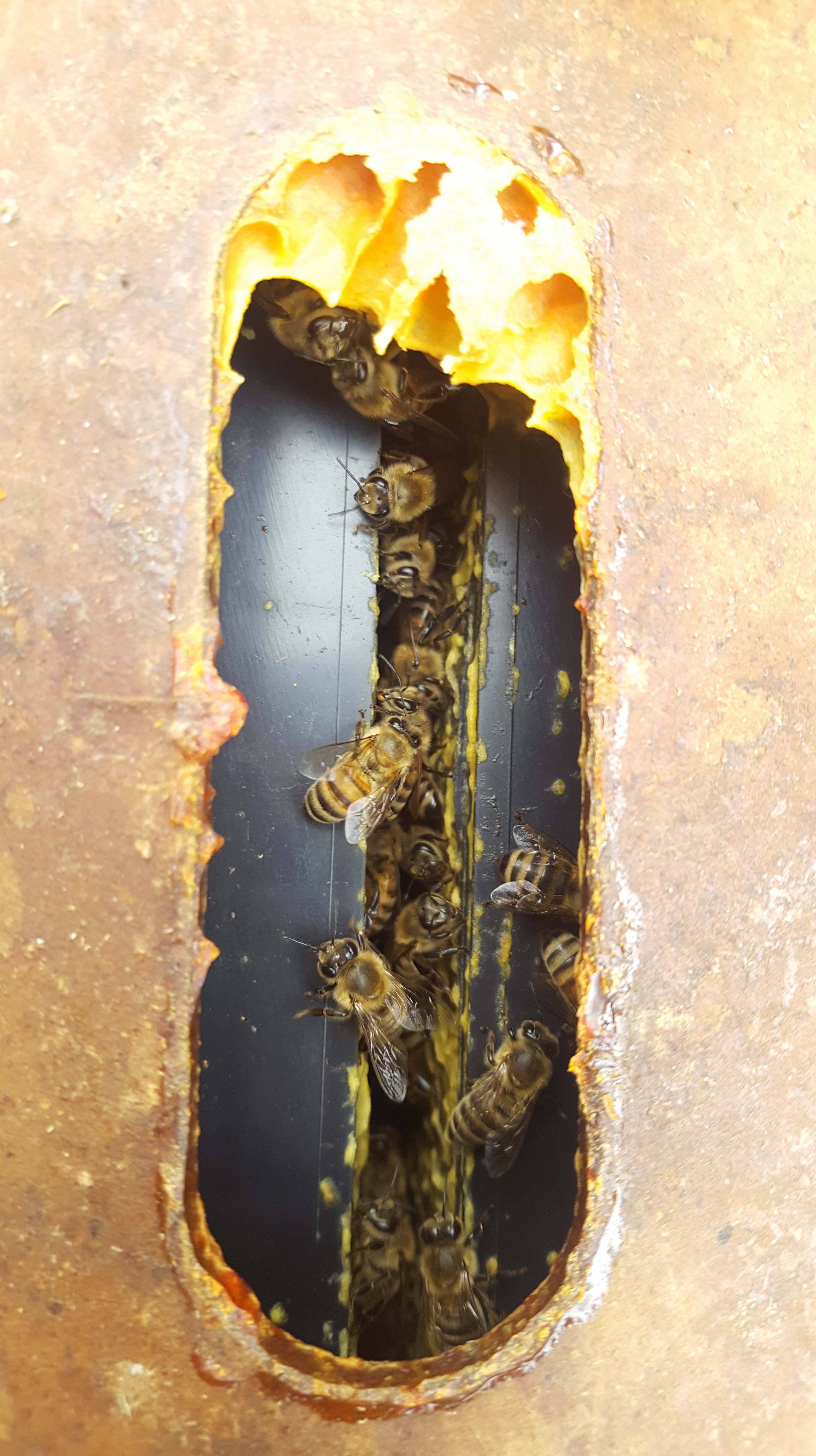A few weeks ago, I attended my first beekeeper club meeting and I was nervous and excited at the same time. I didn’t know what to expect, but according to my grandfather, All beekeepers are good people.
The meeting was only about 25 minutes from where I worked, but in the opposite direction of my house, so it was about a 45 minute drive home. I packed a dinner, which I ate while sitting in the parking lot, and I patiently waited for the meeting to start (I was half an hour early). With my notebook and a pen, I followed the other beekeepers in at 6:30PM.

They came from all walks of life. Some had fancy cars while others had beat-up trucks. Some were young and some were old. Considering all the beekeepers I knew were old white men, I expected to be surrounded by old white men, but thankfully that wasn’t the case.
We discussed preparing the bees for the fall by adding mouse and robber guards, feeding the bees, and adding ventilation. I had a robber guard, but I didn’t have a mouse guard. Thankfully, this wonderful mother-daughter duo I met, Sara and her mom (I wish I had gotten her name), had invented a new type of mouse guard. I was intrigued by them at first because Sara had a really cool bee tattoo on her arm. The duo brought two of their mouse guards in to show us and they gave one of them to me. 🙂

I was so grateful. It was such a cool and easy-to-install design and it took a lot of stress off my shoulders because I didn’t know what to do. I met with them after the meeting and we also discussed feeding. They too use the mason jar method. Since I started with frames full of honey and my hive had been going strong all year, I haven’t had to feed them anything, so I didn’t know where to start. Sara and mom told me I could install the feeders inside a deep box (turns out I could install them inside a super too, but oh well)!
I ordered a deep box and bought some mason jars along with 4 bags of sugar. At the meeting, we also discussed experimenting with feeding bees essential oils! As it turns out, there was a case of American Foulbrood in the nearby Catskills. This is a horrible disease that impacts the brood of the hive and can easily infect other hives. The only way to stop it? Burn everything. Seriously, it’s so sad. You need to kill all your bees and burn every piece of bee equipment you used with them. It helps to remember that bees are a community-based creature and that they work together to survive, that one hive death sucks, but that hive death will save so many other hives.
I don’t think we have AFB… I’m not really sure what to look for, to be fair.
Anyway, I decided to do my own research and use some of the essential oils I already have to supplement the bees’ nutrition. I added lavender, tea tree, and lemongrass. According to my research, lemongrass and spearmint are the bees’ favorites! Beeks have also added lecithin to the mixture to keep the oil mixed in with the syrup, but I was too afraid to do that. We’ll see how it goes!

In order to be safe (because there are only positive results so far, but essential oils are super concentrated/powerful), I only added about 3-4 drops of each EO to my syrup mixture. Some sources say that lemongrass could ward off AFB and maybe even varroa mites?! Whether that’s true or not, this is a very exciting possibility. One of the main causes of colony collapse disorder is varroa mite infestation.

So, I made my syrup and it smelled amazing, but seemed to take forever for the sugar to dissolve into the water. While I waited, I started writing this post and started making my feeders.

I wasn’t sure how many holes to put in the mason jar top, but I figured 5 would be fine. At first I scattered the holes, but then I placed them more towards the middle, so I could place the feeders on a stand. I wasn’t sure about placing the feeders right over the inner cover and some other beeks said that when the temperature shifts, the syrup jar will expand and contract, making it possible for syrup to spill onto the brood. Instead, I opted for a simple stand set-up, with two wooden pieces holding the jars up and enough space for the bees to go underneath and drink.

I’m a bit nervous that the jars will fall over with this stand set up, but it seems pretty sturdy and I won’t have any problems with wind considering the feeders will be inside of the deep box.

This is a peek into the second level brood box. From here, it seems like the bees hardcore filled out the frames, but they usually start out in the middle and work their way out, so they could easily have nothing outside the vision of the hole in my inner cover. I was too afraid to inspect the hive again because I didn’t want to disturb them. I know I need to inspect the hive… eventually… and I should have done it… like last week.
I will check the feeders to see if the bees are into the lemongrass-smelling syrup I made for them later tonight, but until then, I am wiped! What a good day!
Follow The Barefoot Aya on Facebook, Twitter, and/or Instagram for updates.

